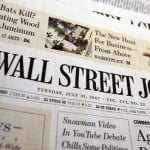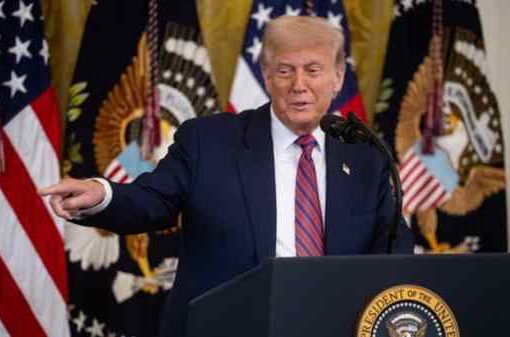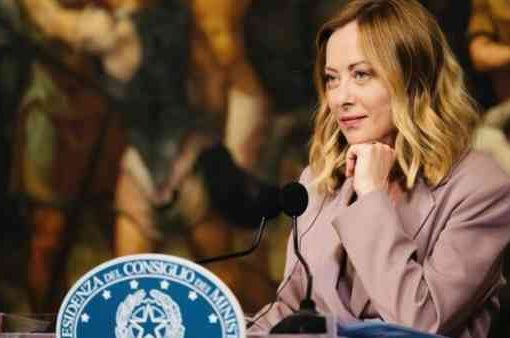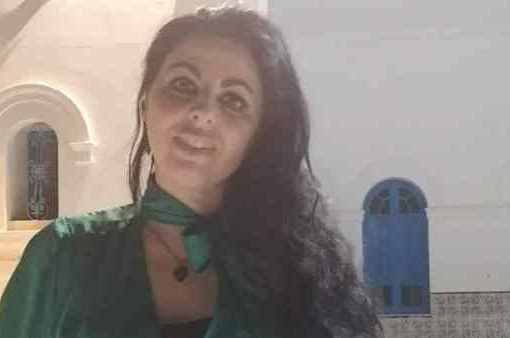 Quando Paolo di Tarso si mise in cammino sulla strada per Damasco tutto il mondo conosciuto viveva in condizione di schiavitù. C’era un solo stato, e questo stato era Roma. C’era un solo padrone, ed era l’imperatore Tiberio.
Quando Paolo di Tarso si mise in cammino sulla strada per Damasco tutto il mondo conosciuto viveva in condizione di schiavitù. C’era un solo stato, e questo stato era Roma. C’era un solo padrone, ed era l’imperatore Tiberio.
L’ordine regnava ovunque, perché il braccio della legge di Roma arrivava in ogni angolo. Ovunque, nel governo come nella società, c’era una grande
stabilità, severamente mantenuta dai centurioni romani. Ma c’era anche qualcos’altro.
C’era l’oppressione, per tutti coloro che non godevano del favore di Tiberio. C’erano gli esattori delle tasse, che requisivano grano e cotone per foraggiare e vestire le legioni o per riempire le casse dell’erario, che poi il divino Cesare usava per dimostrare la propria generosità al popolo.
C’era l’impresario, che reclutava nuovi gladiatori per gli spettacoli circensi. C’erano sicari che mettevano a tacere chiunque venisse proscritto
dall’imperatore. A che altro serviva un uomo se non a servire l’imperatore?
Si perseguitavano tutti coloro che osavano pensare in modo diverso, che sentivano strane voci o che leggevano misteriosi manoscritti. C’era la schiavitù per gli uomini che non erano romani, e disprezzo per chi non aveva un aspetto familiare. E, soprattutto, dominava ovunque il disprezzo della vita umana. Che cos’era, agli occhi dei potenti, un uomo in più o in meno in un mondo densamente popolato? Poi, improvvisamente, si accese una luce nel mondo: un uomo della Galilea proclamò che bisognava dare a Cesare quel che è di Cesare e a Dio quel che è di Dio.
Questa voce dalla Galilea, destinata a sconfiggere lo stesso Cesare, offriva un nuovo Regno nel quale ogni uomo poteva camminare a testa alta, senza inginocchiarsi ad altri che al proprio Dio.
Ciò che avete fatto anche al più piccolo dei miei fratelli, lo avete fatto anche a me. E inviò in tutti i più remoti angoli della terra il suo Vangelo che annunciava il Regno dell’Uomo.
Così nel mondo si accese una luce e gli uomini che continuavano a vivere nell’oscurità cominciarono ad avere paura, e cercarono di nascondere la
luce facendovi calare sopra uno scuro sipario in modo che tutti continuassero a credere che la salvezza stava nelle mani dei capi. Ma, ciononostante, la verità rese l’uomo libero, anche se chi viveva nell’oscurità si oppose e cercò di spegnere quella luce. Ma la voce disse: affrettatevi.
Camminate finché c’è la luce, prima che vi colga l’oscurità, perché chi cammina nell’oscurità non sa dove si dirige. Lungo la strada per Damasco la luce brillava sfavillante. Ma, dopo averla vista, anche Paolo di Tarso fu preso dalla paura. Temeva che altri Cesari e altri profeti potessero un giorno persuadere la gente del fatto che l’uomo non è altro che un loro servitore, e che l’uomo rinunciasse a Dio e alla
libertà per un piatto di minestra.
In quel caso l’oscurità sarebbe nuovamente scesa sulla terra e ci sarebbe stato un grande falò di tutti i libri; e gli uomini avrebbero pensato soltanto a cosa mangiare e a cosa indossare, dando ascolto esclusivamente ai nuovi Cesari e ai falsi profeti. Allora gli uomini non avrebbero più sollevato in alto gli occhi per vedere una stella nell’oriente del cielo, la luce sarebbe scomparsa e l’oscurità sarebbe scesa su ogni cosa.
E così Paolo, l’apostolo del Figlio dell’Uomo, parlò ai suoi confratelli, i Galati, e pronunciò le parole che gli uomini avrebbero dovuto sempre ricordare, in ogni anno del suo Signore: “State saldi, ancorati alla libertà che Cristo vi ha donato e non fatevi più imprigionare dalla schiavitù”.
http://online.wsj.com/article/SB10001424052970204464404577112431986005786.html?KEYWORDS=Vermont+Royster
There was one master for it all, and he was Tiberius Caesar.Everywhere there was civil order, for the arm of the Roman law was long.
Everywhere there was stability, in government and in society, for the centurions saw that it was so.
But everywhere there was something else, too. There was oppression—for those who were not the friends of Tiberius Caesar. There was the tax gatherer to take the grain from the fields and the flax from the spindle to feed the legions or to fill the hungry treasury from which divine Caesar gave largess to the people. There was the impressor to find recruits for the circuses. There were executioners to quiet those whom the Emperor proscribed. What was a man for but to serve Caesar?There was the persecution of men who dared think differently, who heard strange voices or read strange manuscripts. There was enslavement of men whose tribes came not from Rome, disdain for those who did not have the familiar visage. And most of all, there was everywhere a contempt for human life. What, to the strong, was one man more or less in a crowded world?
Then, of a sudden, there was a light in the world, and a man from Galilee saying, Render unto Caesar the things which are Caesar’s and unto
God the things that are God’s.And the voice from Galilee, which would defy Caesar, offered a new Kingdom in which each man could walk upright and bow to none but his God. Inasmuch as ye have done it unto one of the least of these my brethren, ye have done it unto me. And he sent this gospel of the Kingdom of Man into the uttermost ends of the earth.
So the light came into the world and the men who lived in darkness were afraid, and they tried to lower a curtain so that man would still believe salvation lay with the leaders.
Walk while you have the light, lest darkness come upon you, for he that walketh in darkness knoweth not whither he goeth.Along the road to Damascus the light shone brightly. But afterward Paul of Tarsus, too, was sore afraid. He feared that other Caesars, other prophets, might one day persuade men that man was nothing save a servant unto them, that men might yield up their birthright from God for pottage and walk no more in freedom.
Then might it come to pass that darkness would settle again over the lands and there would be a burning of books and men would think only of what they should eat and what they should wear, and would give heed only to new Caesars and to false prophets. Then might it come to pass that men would not look upward to see even a winter’s star in the East, and once more, there would be no light at all in the darkness.
And so Paul, the apostle of the Son of Man, spoke to his brethren, the Galatians, the words he would have us remember afterward in each of the years of his Lord:
Stand fast therefore in the liberty wherewith Christ has made us free and be not entangled again with the yoke of
bondage.
This editorial was written in 1949 by the late Vermont Royster and has been published annually since.



